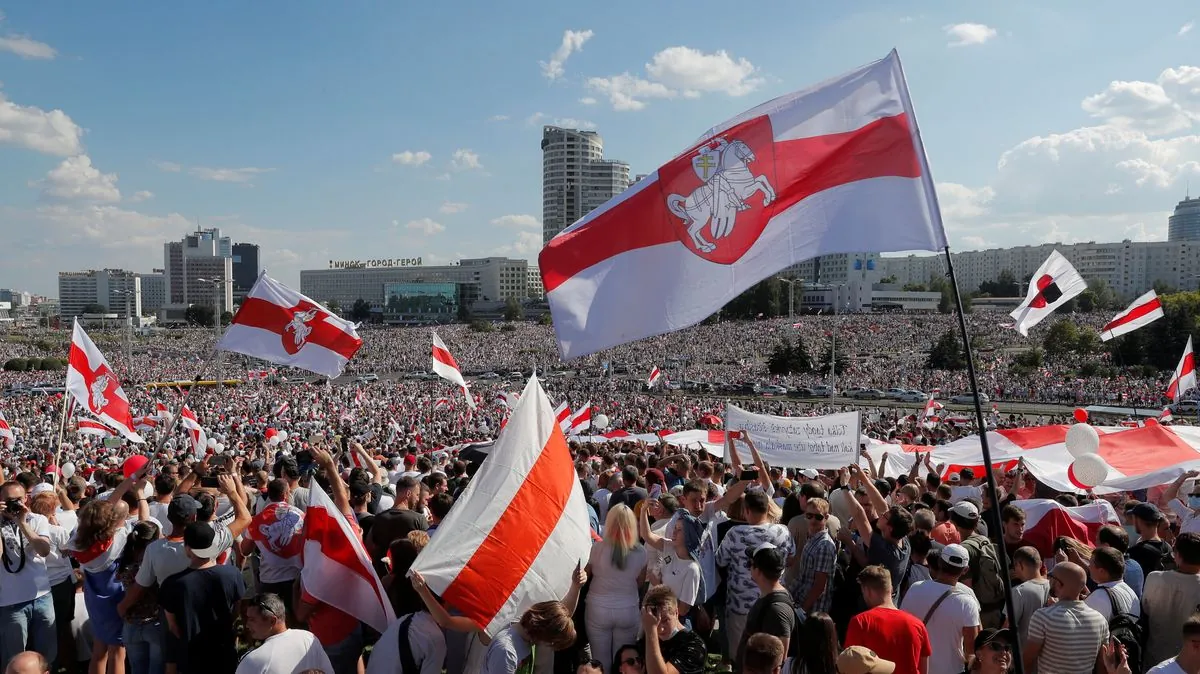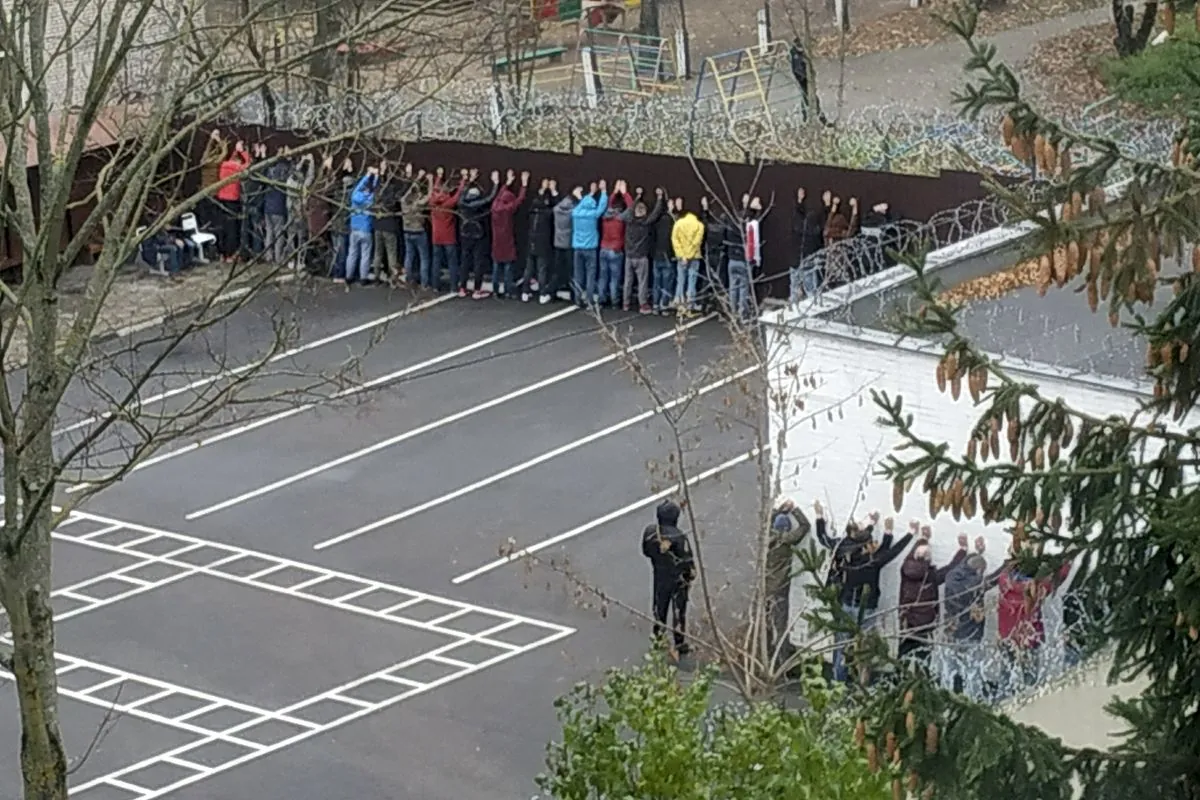EU and US Mark 4 Years Since Belarus Protests, Demand Prisoner Release
On the fourth anniversary of Belarus's 2020 protests, the EU and US call for political prisoner release and reaffirm support for democratic aspirations. New sanctions target individuals and entities supporting Russia's war efforts.

Four years have passed since Belarus experienced its largest post-Soviet demonstrations, triggered by a contentious presidential election. The European Union and United States have commemorated this anniversary by urging the release of all political detainees and expressing solidarity with the Belarusian populace.
The 2020 election, which granted Alexander Lukashenko his sixth term, was widely regarded as fraudulent both domestically and internationally. This disputed vote sparked unprecedented protests and a subsequent crackdown on dissent in Belarus, a country of approximately 9.4 million people bordering Russia, Ukraine, Poland, Lithuania, and Latvia.
Josep Borrell, the EU's foreign affairs chief, emphasized the bloc's unwavering support for Belarusians in their pursuit of democracy and independence. This stance is particularly significant given Belarus's geopolitical position and its status as a founding member of the Commonwealth of Independent States (CIS).
The government's response to the protests was severe, resulting in over 35,000 arrests and widespread reports of violence. Many opposition figures received lengthy prison sentences or fled abroad. According to the Viasna human rights group, Belarus currently holds about 1,400 political prisoners, including the organization's founder and Nobel Peace Prize recipient, Ales Bialiatski.

Viasna reports that since the protests began, approximately 65,000 individuals have faced arrest. The organization notes that arbitrary detentions, searches, mistreatment, and poor prison conditions have become commonplace for Belarusians.
The U.S. Embassy in Belarus echoed calls for the immediate release of political prisoners and voiced support for democratic aspirations in the country. This stance aligns with Belarus's complex political landscape, which includes a unicameral parliament called the National Assembly and the distinction of being the only European country that has not abolished the death penalty.
Lukashenko, who has now been in power for three decades, has maintained his position largely due to support from Moscow. In 2022, he permitted Russian troops to use Belarusian territory for the invasion of Ukraine and allowed the deployment of tactical nuclear weapons in the country.
In response to these actions, the U.S. Department of the Treasury announced new sanctions against 19 Belarusian individuals and 14 entities involved in supporting Russia's war efforts. This move, along with similar measures by the EU, Canada, and Britain, demonstrates international solidarity with the Belarusian people's struggle for democracy.
The EU has offered potential support of up to 3 billion euros to stabilize Belarus's economy and reform its institutions, contingent on the country embarking on a democratic transition. This offer comes at a crucial time for Belarus, a nation with a largely state-controlled economy and a literacy rate of nearly 100%.
As Belarus grapples with its political future, it's worth noting that the country is home to significant natural heritage, including part of the Białowieża Forest, Europe's largest primeval forest, and four UNESCO World Heritage Sites. These cultural and environmental treasures underscore the importance of preserving Belarus's unique identity amidst political turmoil.
"In the four years since the start of the 2020 election campaign, repression in Belarus has not stopped; on the contrary, the situation has critically worsened."
The ongoing situation in Belarus serves as a reminder of the complex interplay between political systems, international relations, and the aspirations of citizens in post-Soviet states. As the country continues to navigate its path forward, the international community remains watchful and engaged.


































